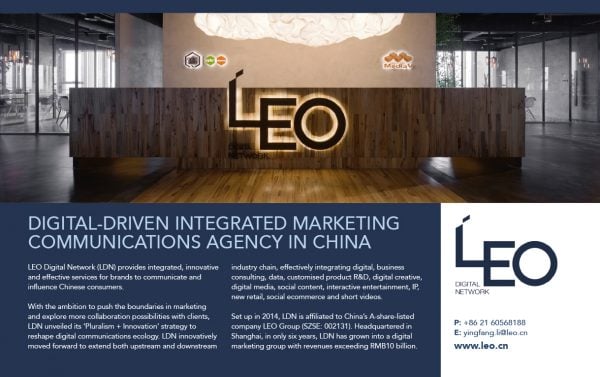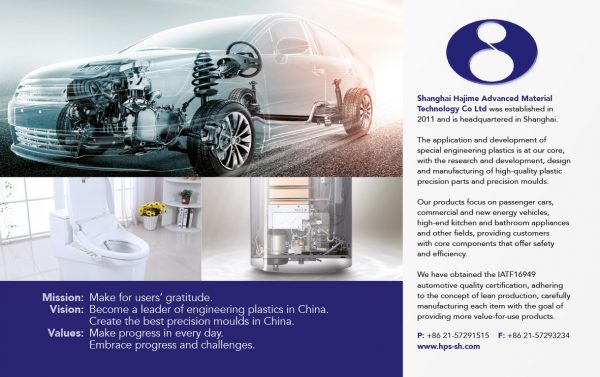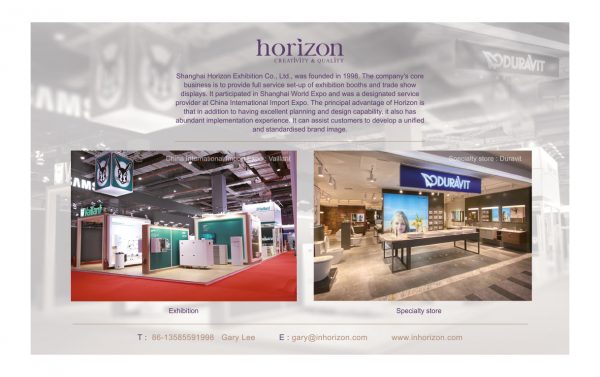Despite being born in the land of schnitzel and sauerkraut, after spending more than 25 years in China, these days Peter Bromberger says his colleagues back home describe him as “more Chinese than German”.
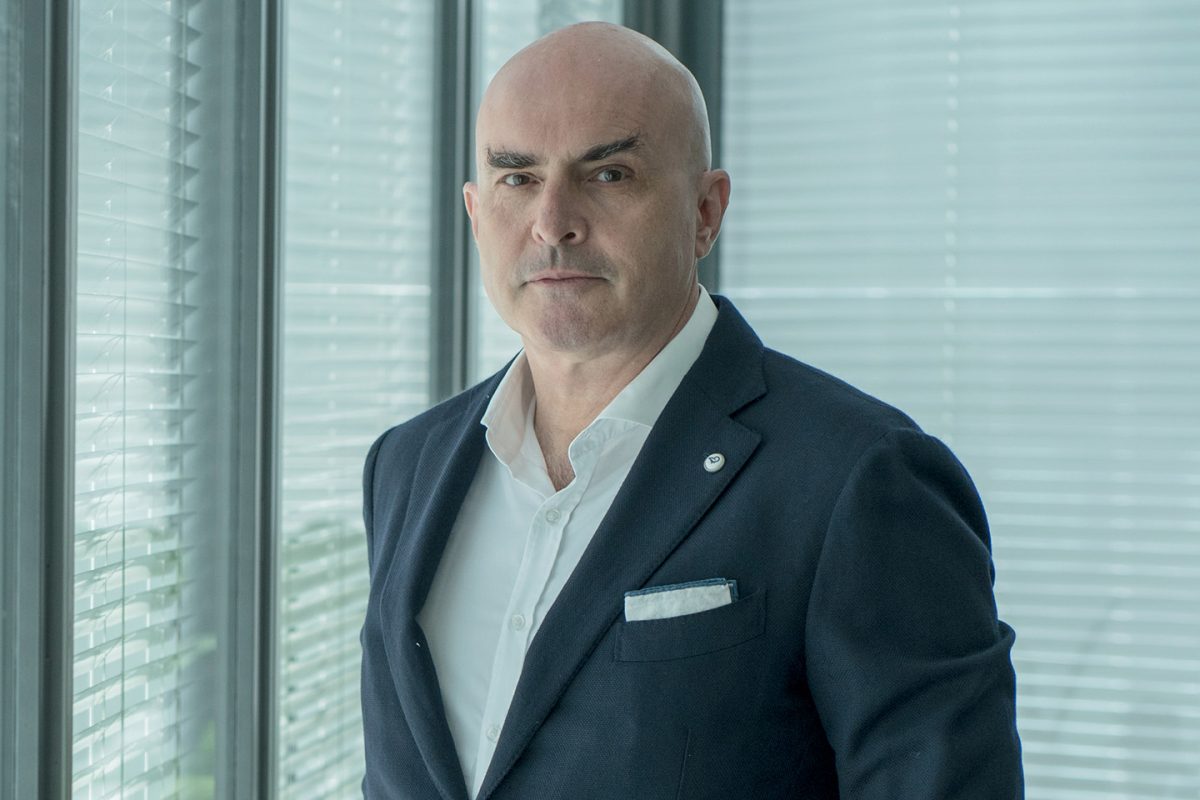
But rather than feeling torn between two disparate worlds, Peter reveals that this amalgamation and lived experience of both cultures has ultimately served to make him a better leader. “I have been taught a certain amount of humility by experiencing new and different cultures,”
Peter tells The CEO Magazine from his office in Shanghai. “Being a foreigner is quite a unique experience, and isn’t easy. I’ve been a foreigner for a long time in a very different culture, but that’s actually really helped to form my leadership style – because I’m constantly listening to people, accepting other opinions and being open to new approaches.
I think that’s been the most important lesson for me. “Some things you never lose, even after years away from home,” Peter laughs. “But I always try to see a different side and different possibilities, which I think has come from being in this environment that is so unlike what I was used to. You have to develop certain flexibility without losing your core values.”
Founded in 1817 in Hornberg, Germany, Duravit is a leading manufacturer of bathroom products. Fabricating everything from sanitary ceramics, baths and showers to toilets, faucets and accessories, Duravit now has more than 6,000 employees across more than 130 countries, and boasts a 40% share in the high-end sanitary product sector.
Since bursting onto the Chinese market in 2003, Duravit China is now the second-largest market in the wider Duravit Group. However, Peter imagines that it’s only a matter of time before they claim the top spot.
“I think the Chinese market still has the biggest potential within the Duravit family,” he says. “Within the next two or three years, I predict we’ll become the largest. I think we’re in a good position here and have a strong wave of growth to look forward to.
“The combination of technology, original design and, of course, German quality, is well received here. The Chinese market is very diverse and has experienced incredible growth over the past 25 years, and the customers really love the products that we’re putting out there.”
Before joining Duravit, Peter worked across a number of areas in a variety of companies in China, including Director of Finances for Linde (Xiamen) Forklift Truck Corporation, General Manager of Shanghai Edscha Automotive Corporation and Managing Director for Speaker Electronics (Jiashan) Co.
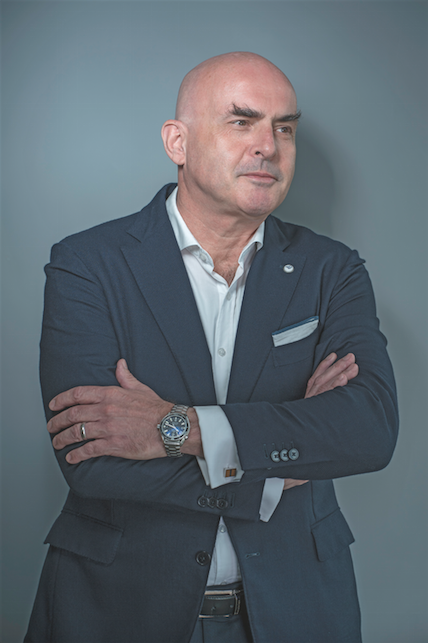
“I worked for several German multinationals, starting in the financial area, financial controlling, HR and IT, before moving to channel management,” he recalls. “For the past 15 years, I’ve been strongly focused on sales and marketing in China, as well as helping German companies strengthen and build up their brands here.”
By combining his extensive skill set and knowledge of both the German and Chinese markets, Peter quickly became an invaluable resource and highly sought-after leader. So it was no surprise when he was brought on board as Duravit’s Managing Director in 2015.
In the five years since his appointment, Peter has prioritised implementing new strategies, with a continued focus on innovation and digitalisation. “One of my key tasks has been the translation of cultures between the German and Chinese approaches,” he says.
“They’re obviously quite different, so my experience here helps the German side of the business understand what’s happening in China, and finds an equal balance of the approach to the market for the headquarters as well as for the Chinese subsidiaries.
“We’ve also strengthened our ecommerce and emarketing sectors. Digitalisation is key here in the long-term. Duravit China has been working hard to ensure that customers can approach us both online and offline whenever they want, which gives them the opportunity to engage with us and find the right products regardless of whether they’re able to come into a physical store.”
To an outside observer, it may seem like innovation isn’t as crucial in the sanitaryware sector as it may be in others; however, Peter is quick to quash this assumption. “Innovation is very important even if it’s not that visible,” he insists.
“There’s innovation across different areas – from performance of the product to water saving and electronic products. And we try to be out in front, as a trend leader as well as the market leader. We don’t follow trends, we lead them.
“The industry is changing dynamically, especially in China. It’s continually innovating. While this is a challenge for this industry, at the same time, it’s an incentive for Duravit. We have great new developments and fantastic people who can actually drive these through to the market.”
In particular, as we all adapt to the new reality of a world dominated by COVID-19, Peter says that innovation within the industry has enormous scope to provide hygiene solutions that will create a safer future for all and, moreover, change the standard of sanitaryware forever.
Not only limited to use within people’s homes, Duravit’s technology can be hugely beneficial for public buildings too, from workplaces and sports facilities to airports. “We have developed a new material called HygieneGlaze, which is a bacteria deactivating glaze that we apply to our toilets,” Peter explains.
“We’ve been experimenting with this for years and brought it to the market for the first time in 2015. No-one else was doing anything like it, but we’d already realised this trend in demand at that time.
“Two years ago, we released HygieneGlaze 2.0, which is even more effective. With all the hygienic issues also linked to health issues with COVID-19, we’ve decided to only sell products here in China that feature HygieneGlaze. So we’ve really set a new standard here. “Because people have been spending so much time at home during the COVID-19 outbreak, they have also been thinking about how they can improve their living quality there. As well as HygieneGlaze, we’ve also developed touchless products – from touchless flushing to touchless mirrors, which will be particularly useful during the pandemic, and going forward.”
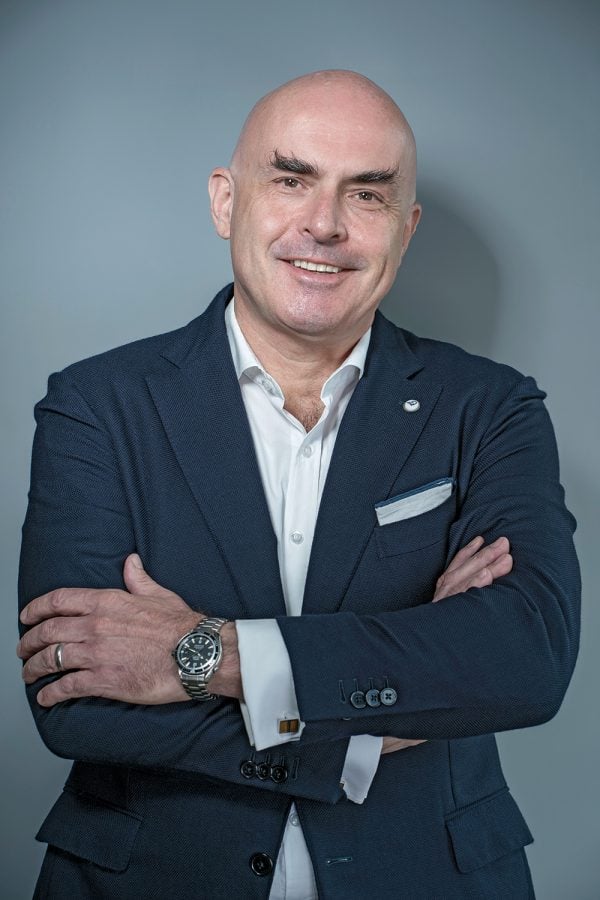
A priority for the company has always been to cultivate mutually advantageous partnerships, something that Peter considers of the utmost importance to any thriving business. “We have very strong relationships on the supply side as well as the customer side, with companies that share the same values as us,” he says.
“We have generated enduring, win–win situations with our partners. “This year, due to COVID-19, the relationship is even stronger than before. During the hardest time, we had intensive communication to make sure all the needs were fulfilled both from supply side and customer side. I strongly believe that in a sustainable business relationship, both sides can profit in the long-term.”
As a manager, Peter believes in the necessity of promoting a healthy workplace culture to create happy and dedicated employees. In addition, he strives to help his staff become autonomous learners – something that ultimately benefits both the employer and the employee. “I appreciate the self-responsibility of my employees,” he says.
We’re a family business and we hope our employees feel like they are part of the family too.
“And I think this also relates to setting clear targets for where we are heading, which are openly communicated to everyone. It’s really important that we have the same understanding of where we want to go, and to check in on this from time to time. So this means that my employees have the drive to achieve these targets by themselves without me having to micromanage them.
“It’s so important to provide a good work–life balance for our employees, so that they actually enjoy working for us. We’re a family business and we hope our employees feel like they are part of the family too. You have to meet all ends – the job has to be interesting and engaging, but they also have to be able to switch off when they go home.”
It’s a mentality that Peter works hard to implement in his own life as well – a quest for the perfect balance, not only between work and home, but also between the German and Chinese cultures, both of which he is inextricably connected to.
However, Peter admits that, inevitably, achieving this is anything but a quick process – rather, it requires endless patience, perseverance and reflection.
“Someone once told me that when you are in a hurry you should walk slowly,” he says. “It’s actually better to step back, take the time to reflect and try to make the right decision. Because when you rush, you tend to make mistakes. There are no secrets to my success. Be diligent, stay true to yourself. Don’t take shortcuts – that’s very important. And always remember to stay true to your core values.”
Proudly supported by:
